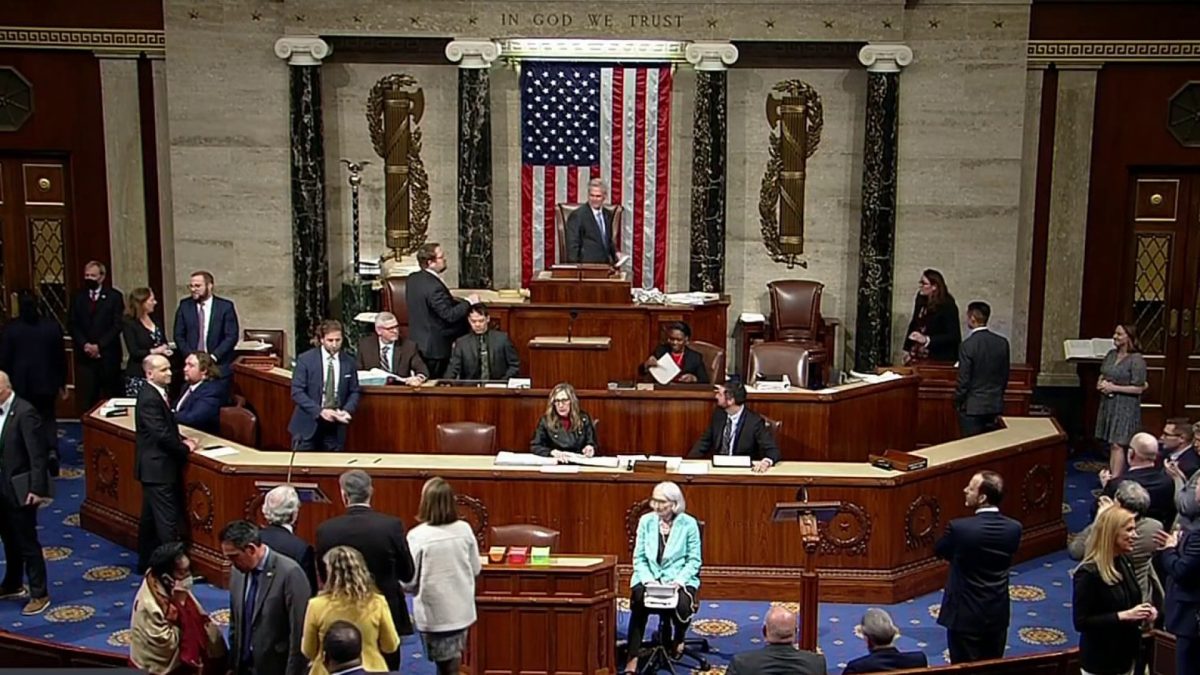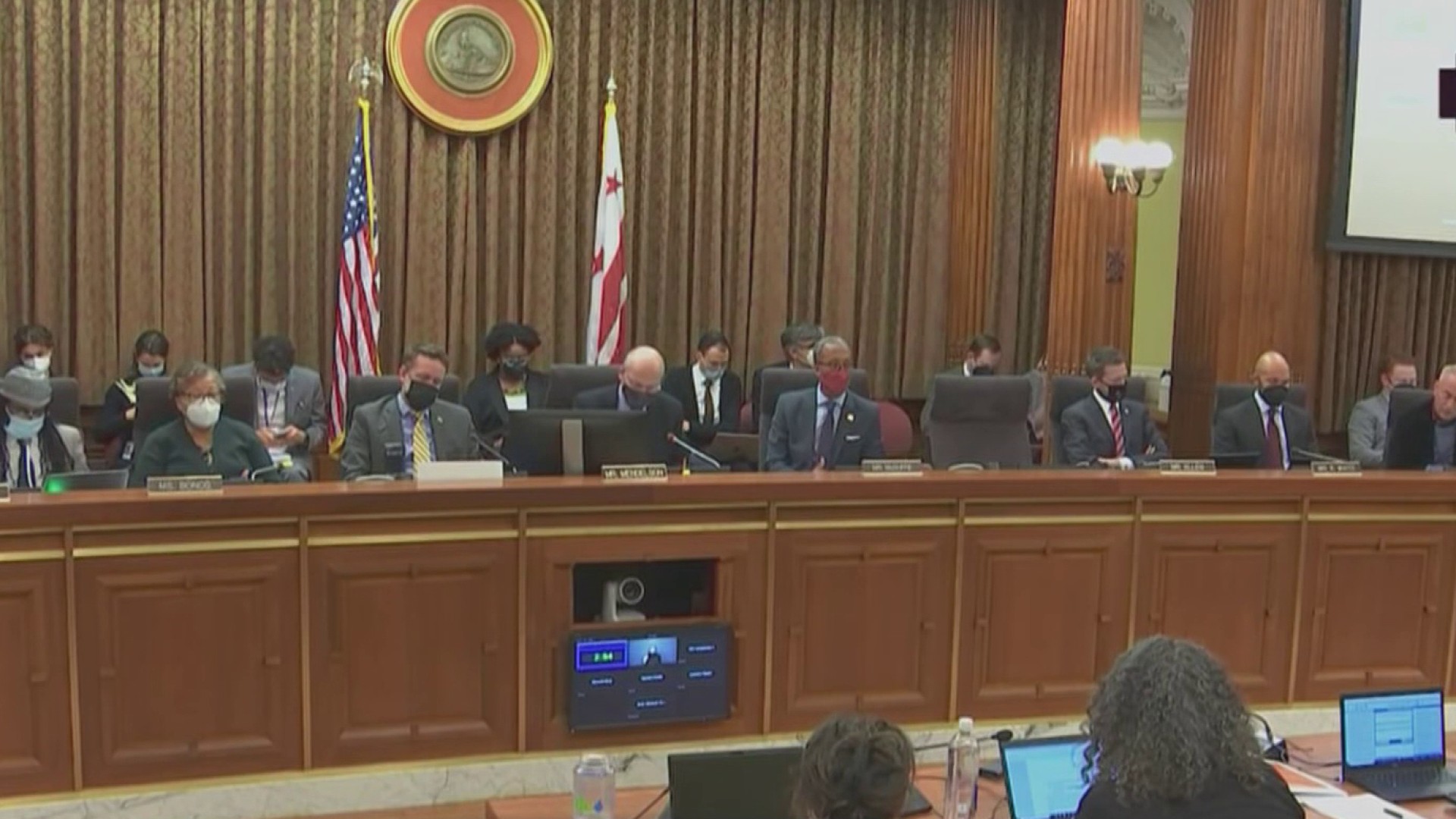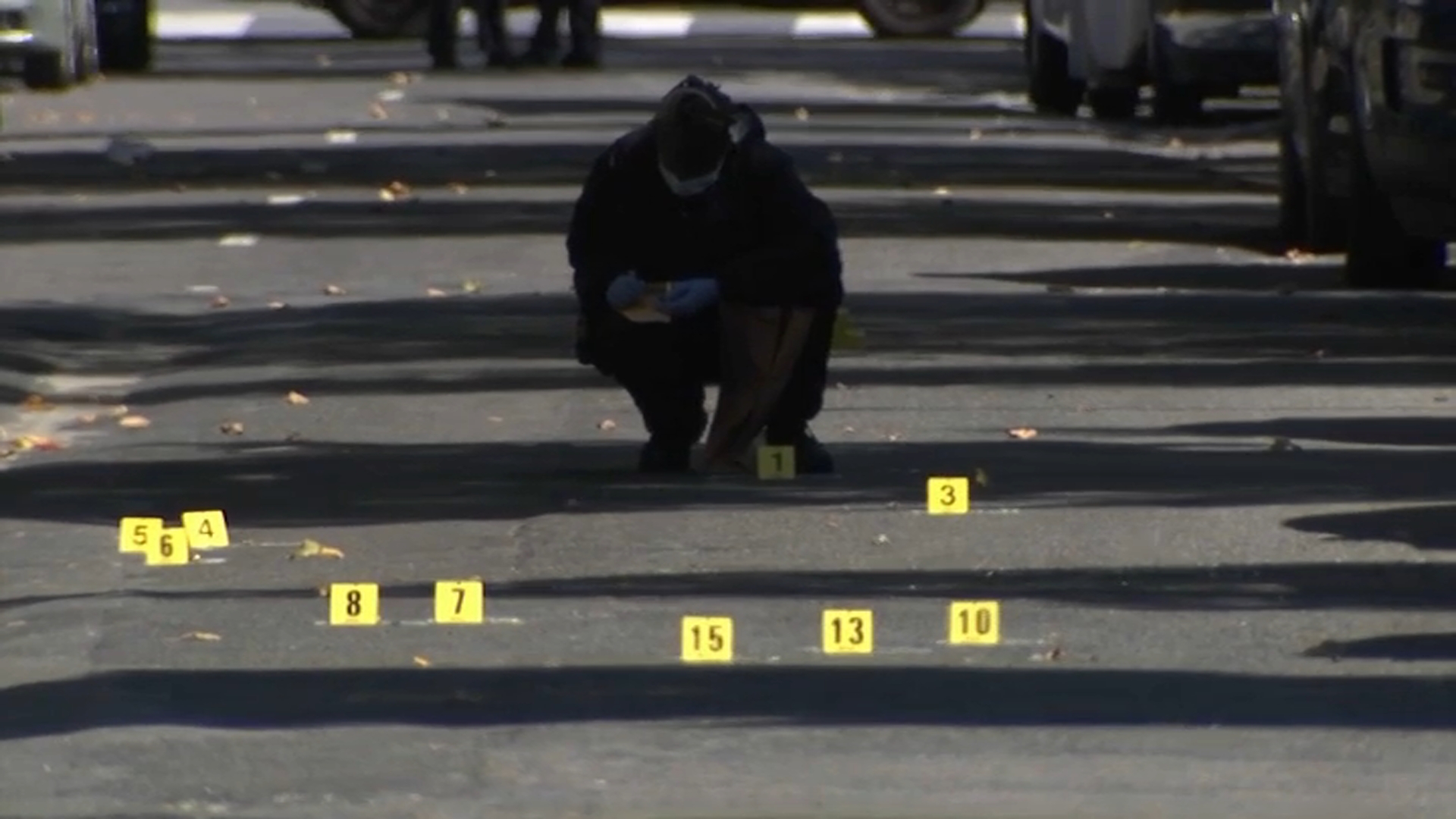The House Oversight Committee held a hearing into D.C. crime and policing on Wednesday, during which House Republicans unleashed a torrent of criticism on District leaders and moved to block more D.C. legislation -- drawing ire from some residents.
The House committee’s chairman, James Comer, R-Ky., says the focus behind the hearing is to “make the nation’s capital city safe again.”
Comer has already pledged that his committee “stands ready to conduct robust oversight of America’s capital city" as several House Republicans pledge to increase congressional intervention in the District's affairs.
The hearing ended with the committee passing a measure by voice vote that would block the Comprehensive Policing and Justice Reform Amendment Act, which has already been in effect on an emergency basis pending congressional approval since 2022.
We're making it easier for you to find stories that matter with our new newsletter — The 4Front. Sign up here and get news that is important for you to your inbox.
The act was passed in 2022 by the D.C. Council, as part a series of other police reform bills leaders began passing in 2020 after the death of George Floyd.
Thanks to the committee voice vote, the full House could take up a vote next month.
D.C. Del. Eleanor Holmes Norton condemned the agenda item moving to nullify the law ahead of the hearing Wednesday morning.
“Keep your hands off D.C.,” she said in a statement Wednesday. “Today, this committee is marking up profoundly undemocratic, paternalistic legislation.”
A chorus of protestors from the Hands Off DC Coalition — which says local laws should be left up to the District’s elected leaders — marched to the U.S. Capitol at 9 a.m., ahead of the 10 a.m. hearing.
Loud chants of "Hands off D.C." and "This is what democracy looks like" filled Pennsylvania Avenue as demonstrators moved through the streets.
Their goal, according to Makia Green, cofounder of community activist coalition "Harriet's Wildest Dreams," is to "tell Congress to get their hands off of D.C., to mind their own state, and for folks across the country to be aware of the attacks of right-wing extremists."
"It's important that D.C. residents know, these are the reforms that people asked for," Green said.
One lifelong Washingtonian believes D.C. leaders who are elected should make decisions for the city.
"Congress always wants to be on top of everything," she said. "We, Washingtonians, we pay the taxes, we pay more taxes than all of them. And also, they are not from here."
Once the hearing began, opening statements from Comer and D.C. council chairman Phil Mendelson painted very different pictures of D.C.
Republicans on the committee argued that crime in D.C. has become a crisis and the D.C. council is soft on crime.
"Crime has risen dramatically, education levels have plummeted, and the city's finances are in disarray," Comer said. "D.C. officials have not carried out their responsibility to serve their citizens."
Mendelson pushed back.
"Let me be clear: People should feel safe, and it is a problem that many residents of the District don't," Mendelson said at the hearing. "But the number of violent crime incidents in 2022 was 45% lower than a decade earlier. And total violent crime last year was 7% less than the year before. I know this belies the common belief, and when it comes to crime, how people feel is important. But there is not a crime crisis in Washington, D.C."
Written testimony from Mendelson, in which the council chairman defended D.C. home rule and called for D.C. statehood, was published before the hearing and matched his verbal exchanges with the committee.
"My colleagues and I on the Council oppose any effort by Congress to disapprove legislation properly adopted by the District’s elected leaders," Mendelson's statement reads in part.
"The more than 700,000 residents of the District of Columbia elect a Council and a Mayor to make laws and manage their city," Mendelson said in his written testimony, which you can read all of here. "They look to us to debate the issues of the day, to compromise, and to chart a course for our city. They do not want 535 people they did not elect, who do not represent them, and who do not answer their phone calls stepping in to veto or tinker with the laws we pass."
The hearing itself, aimed at the rise in violent crime in the District, at times moved to other local issues.
Rep. Gary Palmer, R-Ala., at one point in the hearing said that D.C. schools are "not only drop out factories, they're inmate factories."
Other members of the committee, like Rep. Jamie Raskin, D-Md., defended the District, saying that Congress should keep its hands off local laws.
"Let these people have their equal rights," he said. "Let them have their democracy."
Written testimony from the District’s chief financial officer Glen Lee, published before the hearing, argued that D.C.'s finances are not in dire straits.
Ward 6 Councilmember Charles Allen also testified at the hearing in defense of D.C. local government, offering a suggestion as to how Congress could help lower the crime rate.
"Congress could improve public safety by quickly confirming judges for our 11 vacancies," Allen said.
Greggory Pemberton, chairman of the D.C. Police Union, testified against a number of law enforcement reform bills, joining Republicans in blaming councilmembers for the rise in crime.
In written testimony published before the hearing, Pemberton said that councilmembers’ rhetoric toward the Metropolitan Police Department led to “a mass exodus of police officers from the department.” Read the rest of his written testimony here.
The hearing comes more than a month after the House voted to overturn an overhaul to the D.C. criminal code. The criminal code rewrite was the first D.C. law to be completely overturned since 1991.
The oversight committee plans to call Mayor Bowser to testify in May.




